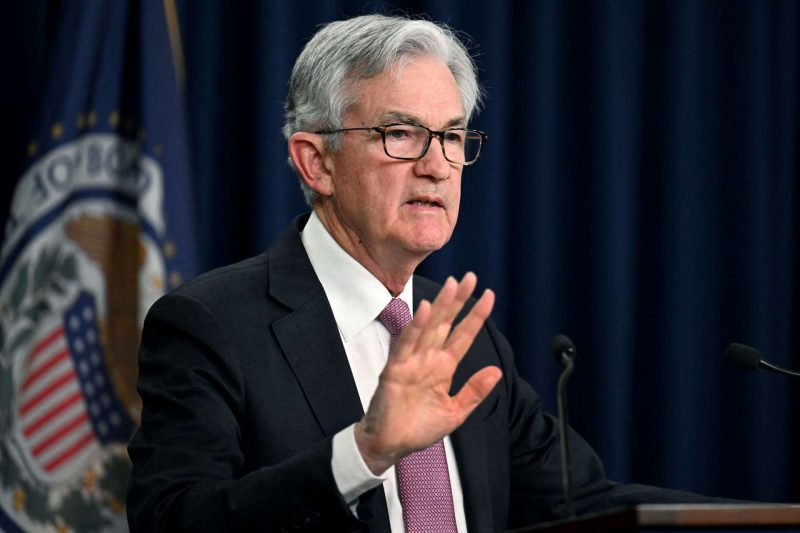In what was their most vital meeting in some, time the Federal Reserve opted to raise interest rates by another 25 bps. Moreover, as turmoil abounds within the banking sector, and the economy continues its fight against inflation, we break down everything Fed Chair Jerome Powell discussed at this week’s FOMC Meeting.
As the markets cautiously awaited the expected interest rate hikes, all eyes were on what Powell would discuss when he met with the media. Subsequently, his statements would have an undeniable impact on how the economy would respond to the Fed’s decision, and what it means in the short and long-term future.
The Banking Sector
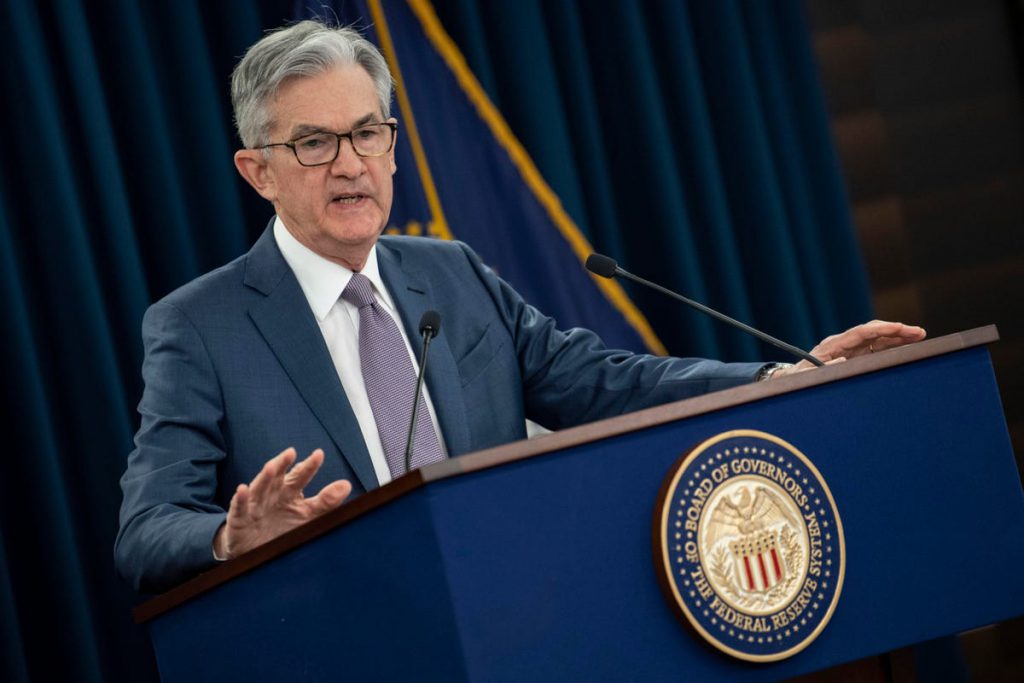

As many expected, the first thing Jerome Powell addressed was the concern within the country’s banking industry. Firstly, Powell spoke on the recent developments in the sector and Silicon Valley Bank’s closing marking the largest banking failure since the financial crisis of 2008.
Powell stated, “In the past two weeks, serious difficulties at a small number of banks have emerged. History has shown that isolated banking problems, if left unaddressed, can undermine confidence in healthy banks and threaten the ability of the banking system as a whole to play its vital role in supporting the savings and credit needs of households and businesses.”
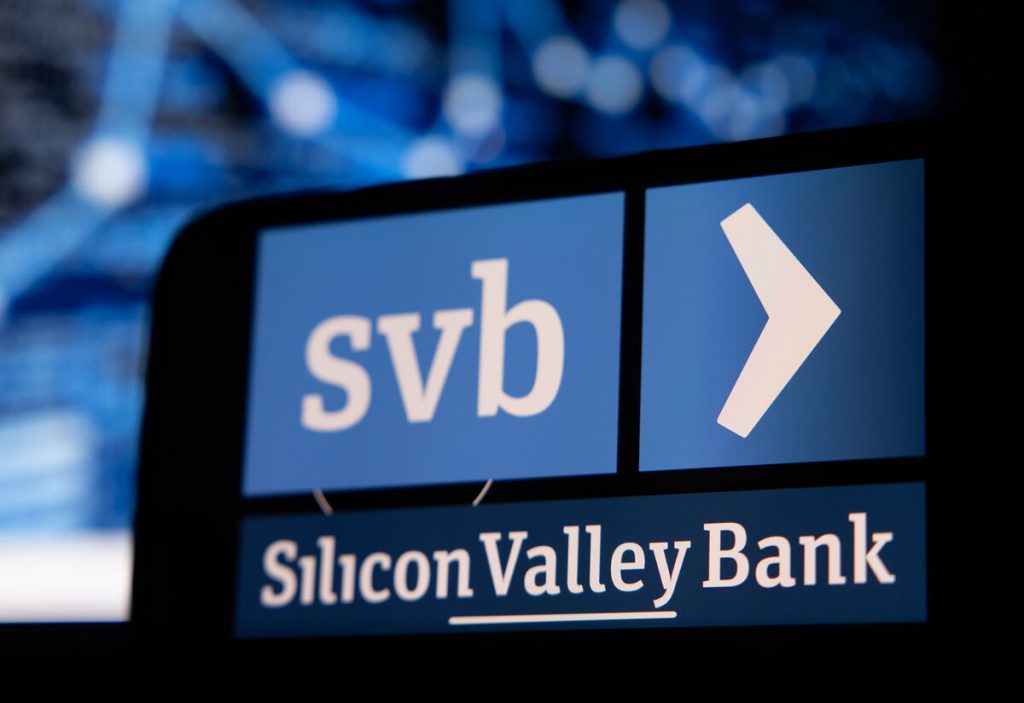


Subsequently, Powell noted the quick action taken by the Fed in lessening the threat. Thus, stating, “The Federal Reserve working with the Treasury Department and the FDIC took decisive actions to present the US economy and strengthen public confidence in our banking system.”
Moreover, Powell assured, “all depositor’s savings in the banking system are safe.” While noting the creation of “the Bank Term Funding Program, to ensure that banks that hold safe and liquid assets can, if needed, borrow reserves against those assets at par.”
Ultimately, Powell assured that “our banking system is sound and resilient with strong capital and liquidity.” Additionally assuring the Fed will “closely monitor,” the condition of the sector. While stating the Fed “are committed to learning the lessons from this episode,” and to preventing this kind of situation from happening again.
The Fight Against Inflation
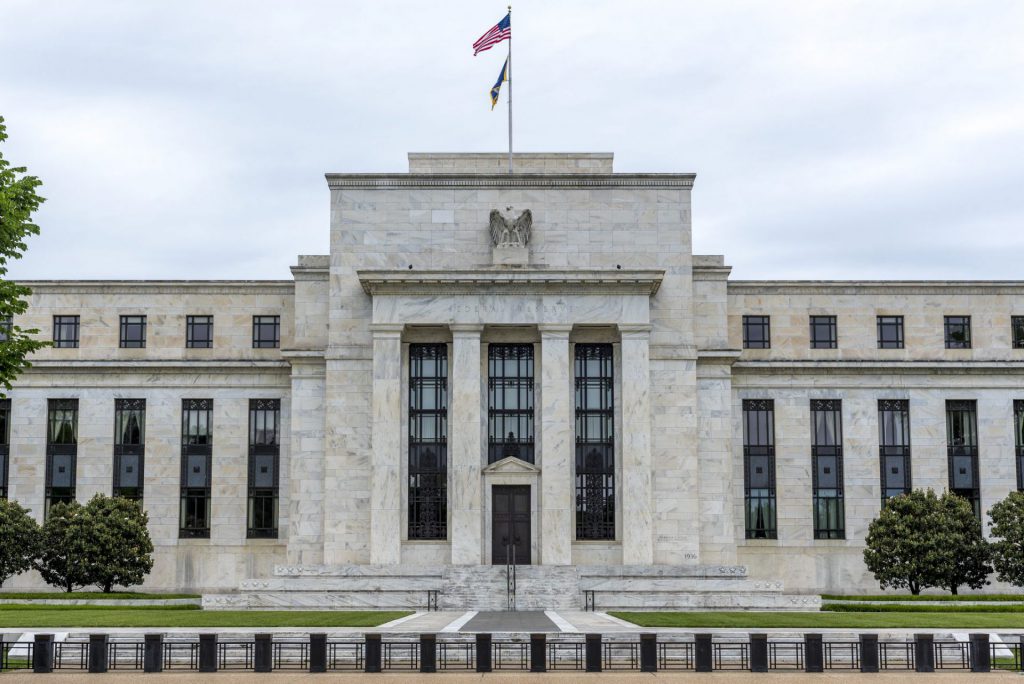

Conversely, the decision from the Federal Reserve signal that the fight against inflation is presently more vital than the banking sector concerns. Powell stated, “Inflation remains too high, and the labor market continues to be very tight.” Moreover, reassuring the Fed’s “strongly committed to bringing inflation back down to our 2% goal.”
Powell discussed the need for price stability, a pursuit that lies solely with the Federal Reserve. Additionally, noting, “The US economy slowed significantly last year with real GDP rising at a below-trend pace of 0.9%. Consumer spending appears to have picked up this quarter, although some of that strength may reflect effects of swings in the weather across the turn of the year.”
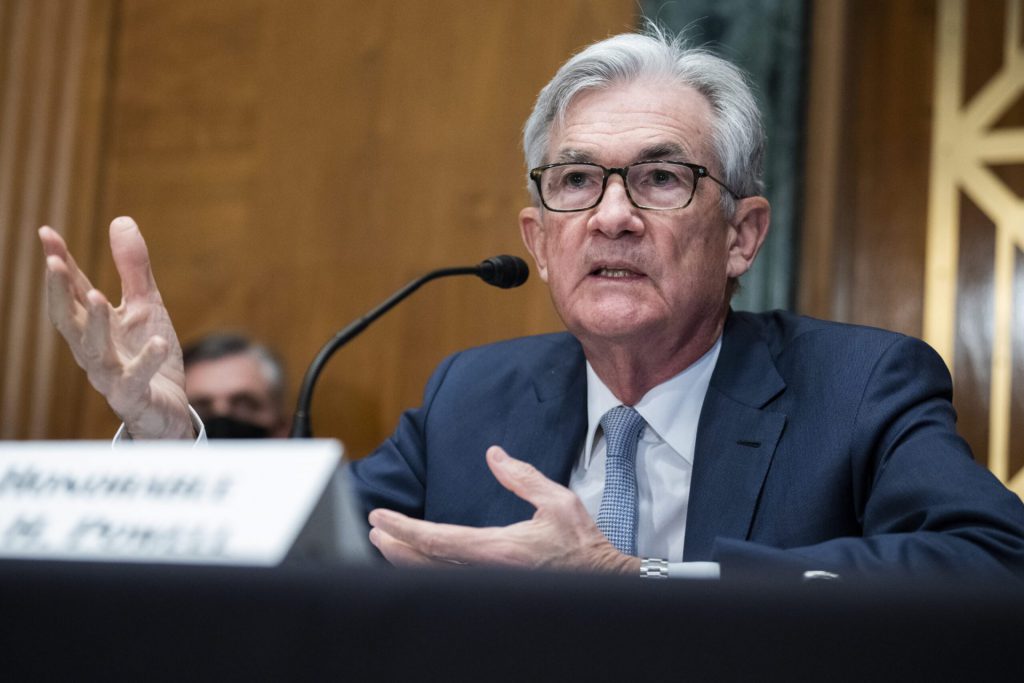

Then, Powell noted the weak housing sector, attributed to higher interest rates by the Fed chair. Alternatively, Powell stated, “The median projection for real GDP growth stands at just 0.4% this year and 1.2% next year.” Noting they are both below the estimate of long-run normal growth rate.
Conclusively, Powell was honest on the road ahead. Grimly stated that “The process of getting inflation back down to 2% has a long way to go and is likely to be bumpy.” Additionally reiterating, “We are highly attentive to the risk that high inflation poses to both sides of our mandate, and we’re strongly committed to returning inflation to our 2% objective.”
The Labor Market
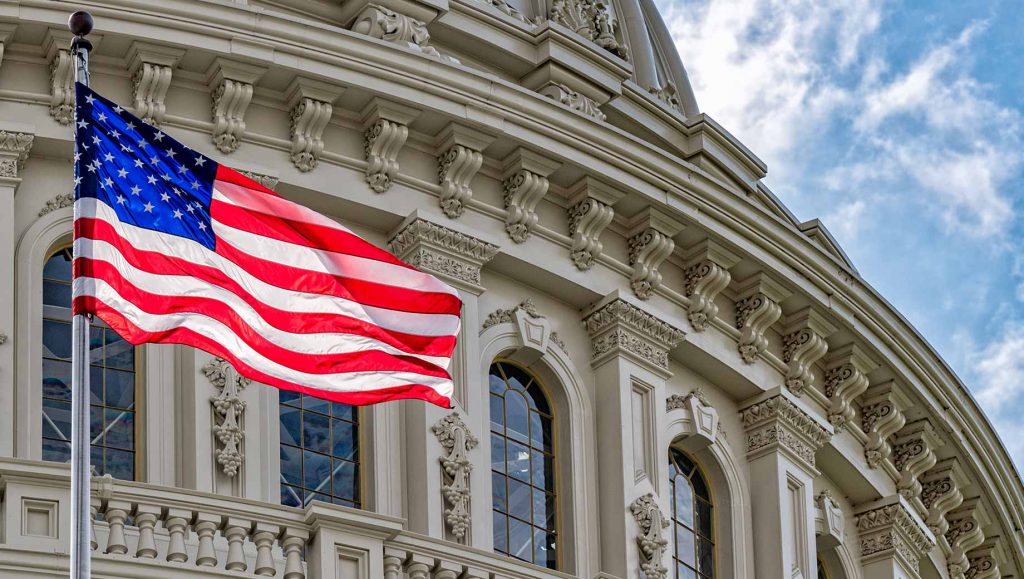

The Fed Chair then turned his attention to the labor market noting it to be “extremely tight.” Noting that job gains have risen “by an average of 351,000 jobs per month over the last three months.” Moreover, noting that the unemployment rate for February “remained low,” at 3.6%, as “wage growth has shown some signs of easing.”
However, Powell also noted the high number of job vacancies, as “labor demand substantially exceeds the supply of available workers.” Ultimately, noting that “FOMC participates expect supply and demand conditions in the labor market to come into better balance over time.”
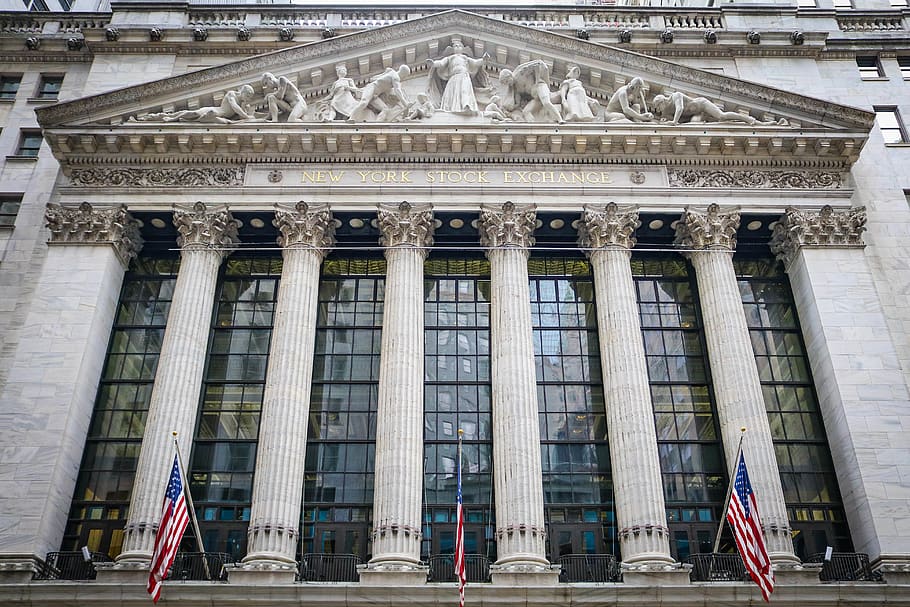

Nevertheless, Powell notes that the actions of the Federal Reserve have had a positive effect. Additionally stating, “Since our previous FOMC meeting, economic indicators have generally come in stronger than expected. Demonstrating greater momentum in economic activity and inflation.”
Conversely, the Fed chair stated his expectation that the events of the banking sector could undo some of that progress.
A Change of Course?
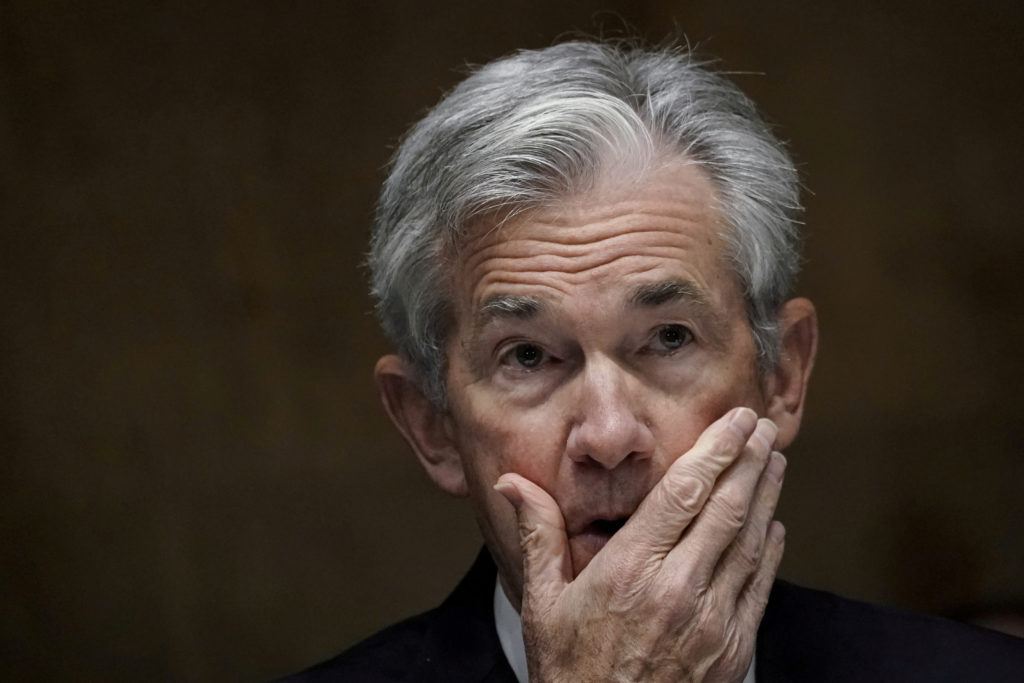

Thereafter, Powell noted that due to the uncertainty of the banking sector, there was no clear commitment to continue rate hikes. “We no longer state that we anticipate that ongoing rate increases will be appropriate to quell inflation,” Powell stated. “Instead, we now anticipate some additional policy firming may be appropriate.”
Furthermore, Powell noted that assessment is crucial in continued action from the Fed. “We will closely monitor incoming data and carefully assess the actual and expected effects of tighter credit conditions on economic activity, the labor market, and inflation.”
Sharing gathered projections, Powell noted expectations that “the appropriate level of federal funds rate will be 5.1% at the end of this year.” Additionally, “4.3% at the end of 2024, and 3.1% at the end of 2025.” Thus, noting little deviation from the December projection.
Silicon Valley Bank


Amidst the portion of the press conference where Powell took questions, many inquired about the failure of Silicon Valley Bank. Specifically, the reaction of the Fed, and that closure’s potential impact on the budding banking crisis.
Powell stated the action of the Fed, FDIC, and Treasury to bailout depositors was rooted in “the risk of contagion to other banks and the financial markets more broadly.” Conversely, Powell didn’t discuss the already expressed contagion to other banks that required a rescue bid to salvage First Republic Bank.



Moreover, Powell bluntly stated SVB “failed badly.” Noting the financial institution grew quickly, and “exposed the bank to significant liquidity risk and interest rate risk.” Additionally, Powell noted they “didn’t hedge that risk,” leading to an “unprecedentedly rapid and massive bank run.”
Ultimately, discussing the bailout, Powell noted the historical significance of its quickness to support their decision to secure depositors. Stating, “This is a very large group of connected depositors, a concentrated group of deposits in a very, very fast run. Faster than the historical record would suggest.” Subsequently, Powell noted an ongoing review of the happenings that will be thorough and transparent,” while noting that SVB’s fate is not a trend.
Specifically stating “These are not weaknesses at all broadly through the banking system. This was a bank that was an outlier in terms of its percentage of uninsured deposits and interest of its holdings of duration risk.” Conclusively, Powell said all the right things, but only time will tell if his stance on SVB holds true.





